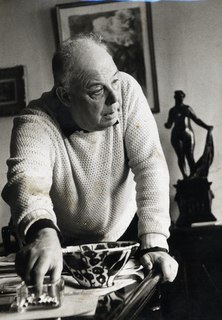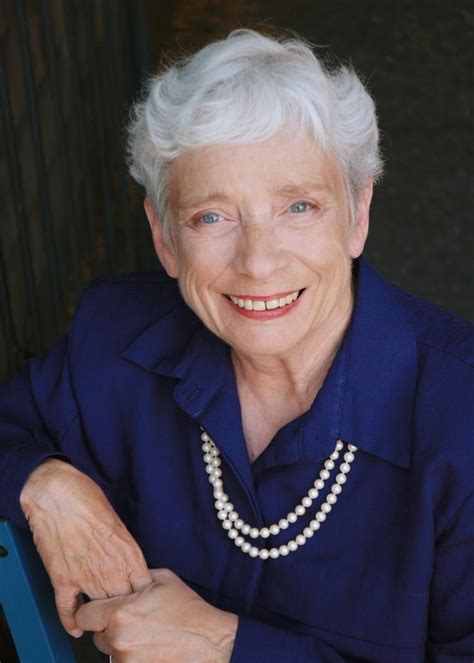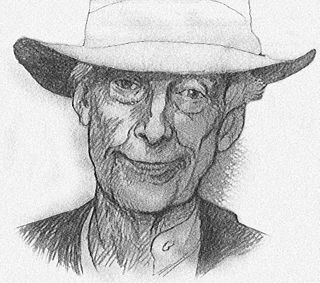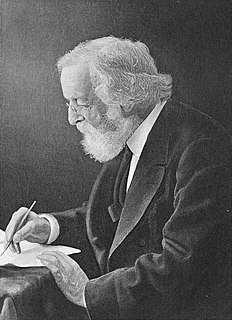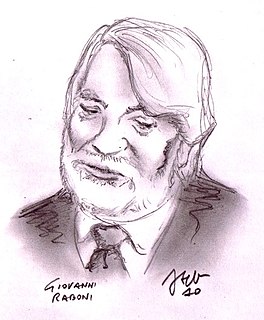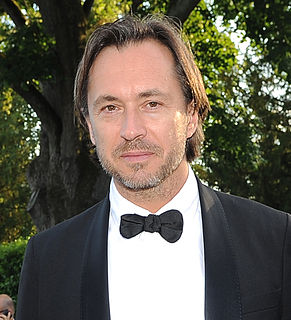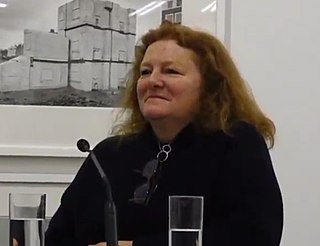A Quote by Ezra Pound
Colloquial poetry is to the real art as the barber's wax dummy is to sculpture.
Related Quotes
Cinema is a kind of pan-art. It can use, incorporate, engulf virtually any other art: the novel, poetry, theater, painting, sculpture, dance, music, architecture. Unlike opera, which is a (virtually) frozen art form, the cinema is and has been a fruitfully conservative medium of ideas and styles of emotions.
For me, architecture is an art the same as painting is an art or sculpture is an art. Yet, architecture moves a step beyond painting and sculpture because it is more than using materials. Architecture responds to functional outputs and environmental factors. Yet, fundamentally, it is important for me to stress the art in architecture to bring harmony.
After painting comes Sculpture, a very noble art, but one that does not in the execution require the same supreme ingenuity as the art of painting, since in two most important and difficult particulars, in foreshortening and in light and shade, for which the painter has to invent a process, sculpture is helped by nature. Moreover, Sculpture does not imitate color which the painter takes pains to attune so that the shadows accompany the lights.
To the question, ‘Is the cinema an art?’ my answer is, ‘what does it matter?’... You can make films or you can cultivate a garden. Both have as much claim to being called an art as a poem by Verlaine or a painting by Delacroix… Art is ‘making.’ The art of poetry is the art of making poetry. The art of love is the art of making love... My father never talked to me about art. He could not bear the word.
I'd been to Stourhead and was inspired by the perfect parity between architecture and art; in fact, the architecture is the art. I wrote a piece called 'Not Sculpture Park,' because most of these things become car parks for bought-in sculpture. The artists should be working with the site, not just plonking pieces down.
There's a great freedom of forms and intonations in Luigi Fontanella's poetry. He doesn't take a strong formal stand; his poetry entertains moments of nearly proselike colloquial narrative along with moments of powerful lyrical tension. There is a movement of extremes, from powerful tonality to near atonality, and I like this a great deal; it's a stance that very effectively catches the spirit that makes work in poetry possible nowadays.
When my works are being translated, I always get this question from my translators: Up or down? Which means, should it sound biblical and highbrow, or should we take it all down to sound colloquial? In Hebrew, it's both all the time. People in Israel would write in a high register, they wouldn't write colloquial speech. I do a special take on colloquial speech.






